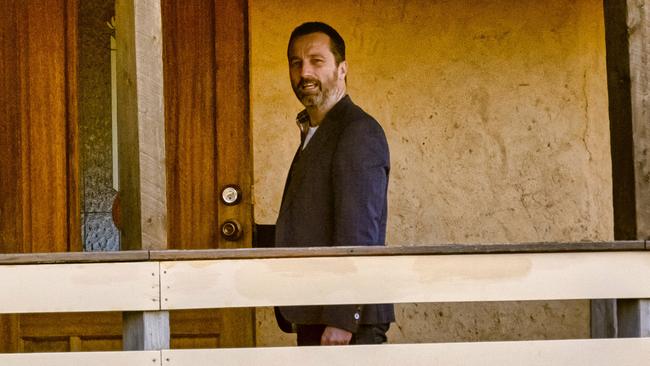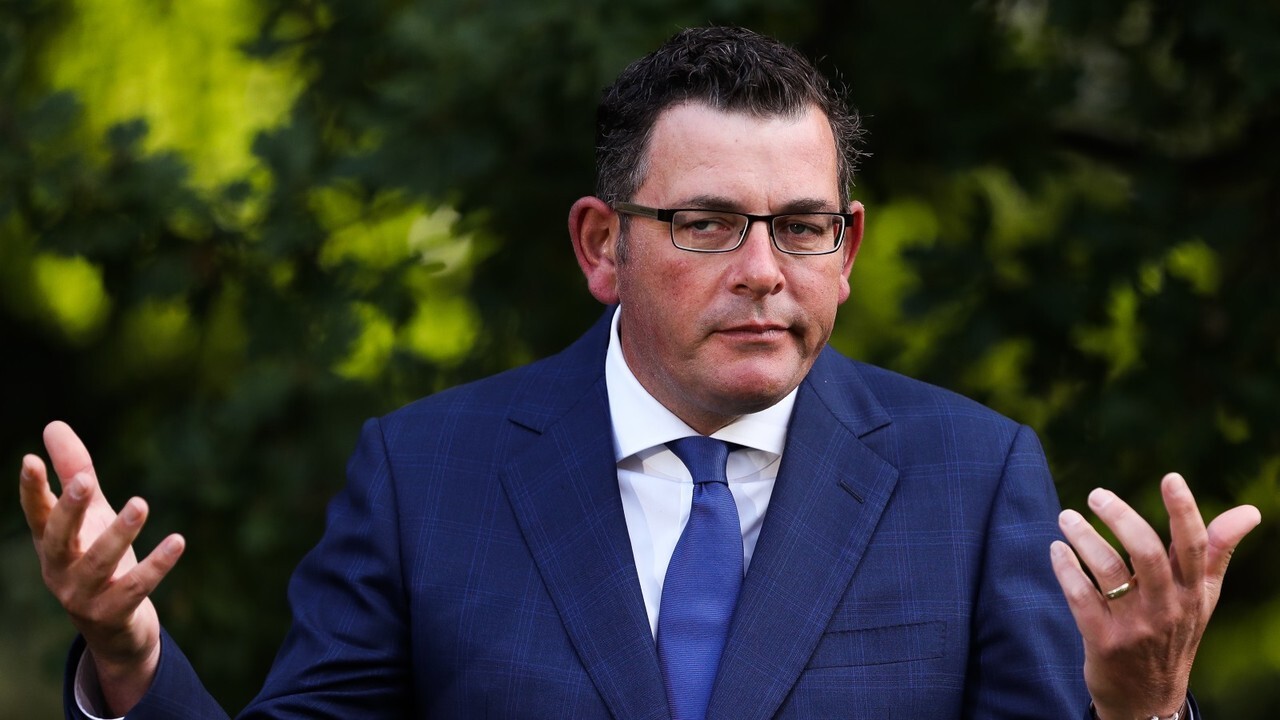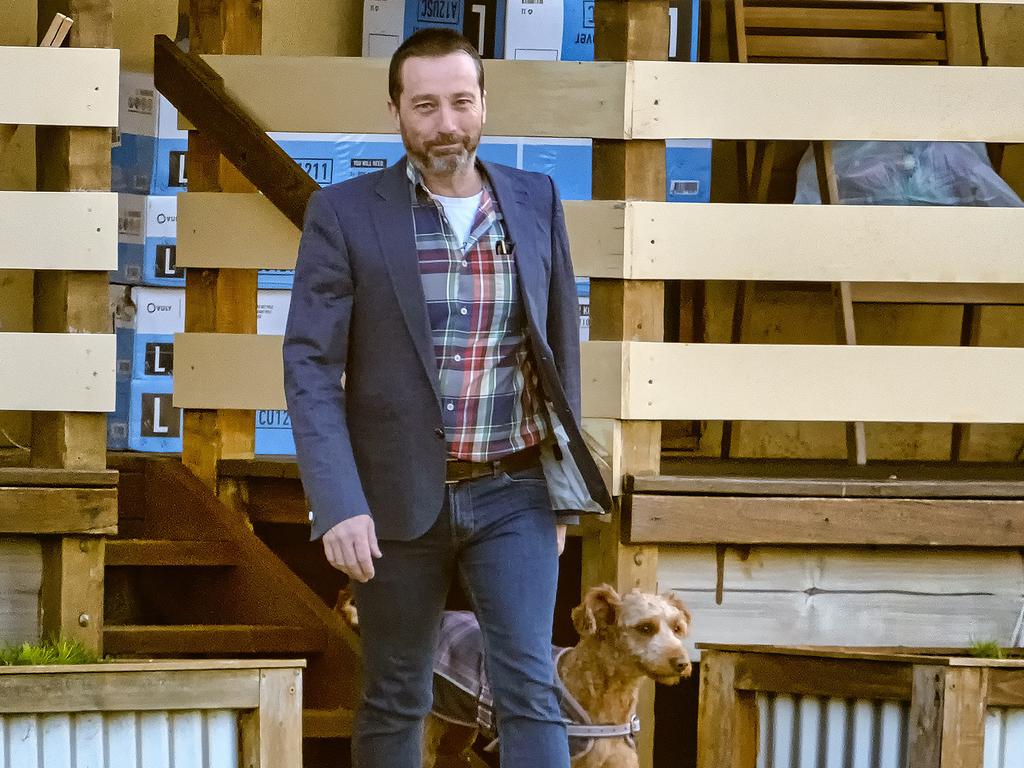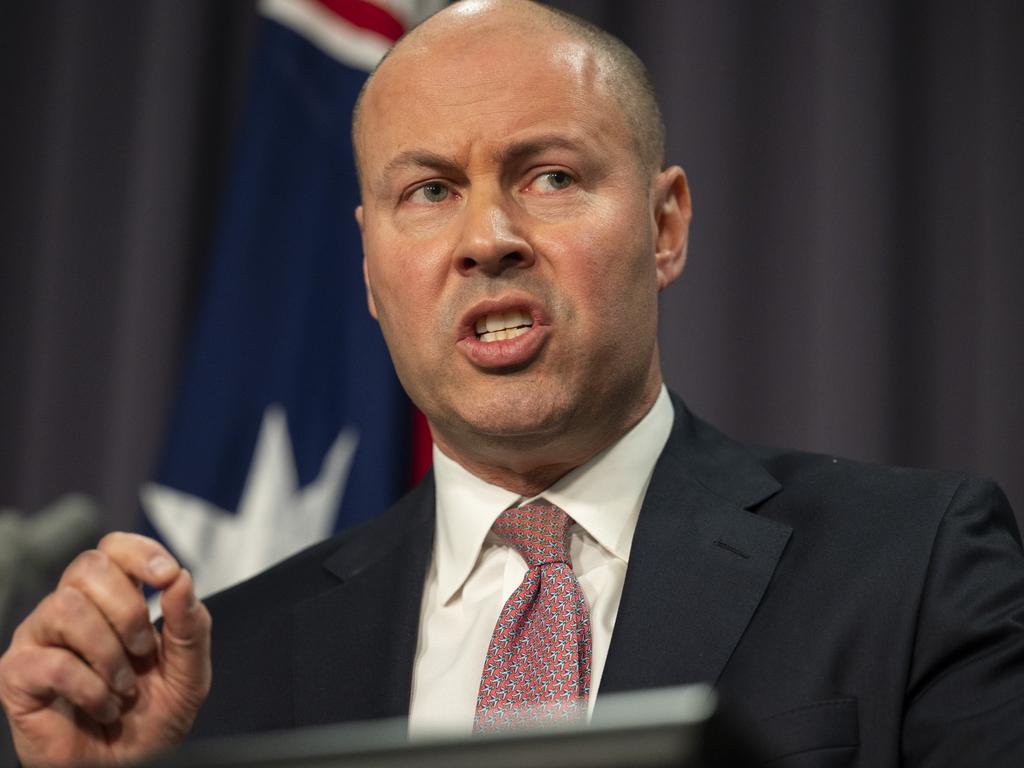John Armitage advised Daniel Andrews to ‘antagonise’ his foes
Documents reveal Premier’s office supported handing Labor strategy firm QDOS Research a seven-figure contract without a competitive tender.

Labor strategist John Armitage, who was handed a $1.1m taxpayer-funded contract by the Victorian Premier’s department, advises political clients to “antagonise” opponents because it renders rivals “angrier” and “less coherent”.
The Australian can also reveal one of the key reasons the Andrews government waived competitive tendering rules to grant Mr Armitage’s company QDOS the seven-figure contract – a 7 per cent increase on its previous deal – was the self-proclaimed “behaviour change” specialist’s ability to “sensitively identify, probe and analyse community discussions”.
The Armitage political playbook is revealed in Andrews government documents that have been released under Freedom of Information laws, and it follows revelations that QDOS embarked on a major program to monitor community reaction to the Covid-19 lockdown restrictions and score the government’s performance, including its leadership, out of 10.
Mr Armitage declined to discuss his company’s deal or respond to questions about his work, which generated 1800 pages of raw data in just one year.
“I don’t have anything to say about any of the work I do for any of my clients,” he told The Australian on Tuesday. The Andrews government has refused to release the data to the public, claiming that it is cabinet-in-confidence.
QDOS documents released under Freedom of Information laws and relating to its $1.1m deal say it can place people into three camps when advising clients on policy debates: the base; the persuadable centre; and opponents.

“Our job is to find the messages that have an impact on all three groups,” the company told the state Labor government.
“Good messages will energise the base,” the documents say. “This is vital because these are the people who actually do most of the persuading at workplaces, in the community, in their homes and at family barbecues.
“Good messages will persuade the centre. When they are persuaded, good policy is granted via the democratic process that creates our laws.”
With the third group, QDOS advises its political clients to “antagonise” their opponents.
“This is often overlooked but (is) a vital part of any communications strategy. If no one disagrees then there is no debate,” the company said in its bid.
“But public opinion (and ultimately therefore public policy) cannot change if there is no debate. Antagonised opponents are angrier, less coherent and less persuasive.
“The response of opponents also tells us the worthiness of our policy position. If no one is against what you are saying there’s a fairly strong chance that you aren’t saying anything.”
The leader of the Victorian opposition in the Legislative Council, David Davis, has accused the Andrews government of being addicted to secrecy.
“Daniel Andrews and Labor appear to have been driven by secret public opinion polling and appear to have made decisions on the basis of secret polling rather than health advice,” Mr Davis said.
“Andrews has always said he has followed the health advice, but not only has he failed to ever release the formal briefs and health advice which he claims to rely upon, it now appears he has deferred to polling rather than strict health advice.

“Melburnians who were locked down so long and harshly deserve to see the truth, including the formal advice in full. What does he have to hide?”
A government procurement exemption document released to The Australian states its key objective in granting the deal was “to meet the needs of cabinet by implementing regular tracking of Victorians’ perceptions of government services”.
It reveals Mr Armitage and QDOS commanded the support of the Premier’s Private Office as well as the strategic communication branch of government.
“Due to QDOS’s performance under the previous contract and the knowledge and experience acquired during this period, there is strong support by stakeholders for QDOS to resume this research program,” the document states.
“Throughout the contract, QDOS provided responsive, sound and actionable research to (the Department of Premier and Cabinet) to the satisfaction of stakeholders … the Premier’s Private Office.”
The December 2019 contract was a 7 per cent increase on a previous deal that expired in 2018. “These costs are still competitive with quotes received in 2016,” the document states.
“The program is designed to investigate and monitor public perceptions of service delivery. The research will inform cabinet decision-making on policy and service delivery improvements.”
QDOS’s November 2019 bid document boasts that it commands support in senior levels of the government and promotes its ability to deliver “behaviour change” in the community.
“The quality of our work, in particular our strategic communications advice, is well known and highly trusted at senior levels of government and the NGO sector,” the bid states.
“Finding out what people think and why they hold those views is important to us and a major focus of our work.”







To join the conversation, please log in. Don't have an account? Register
Join the conversation, you are commenting as Logout